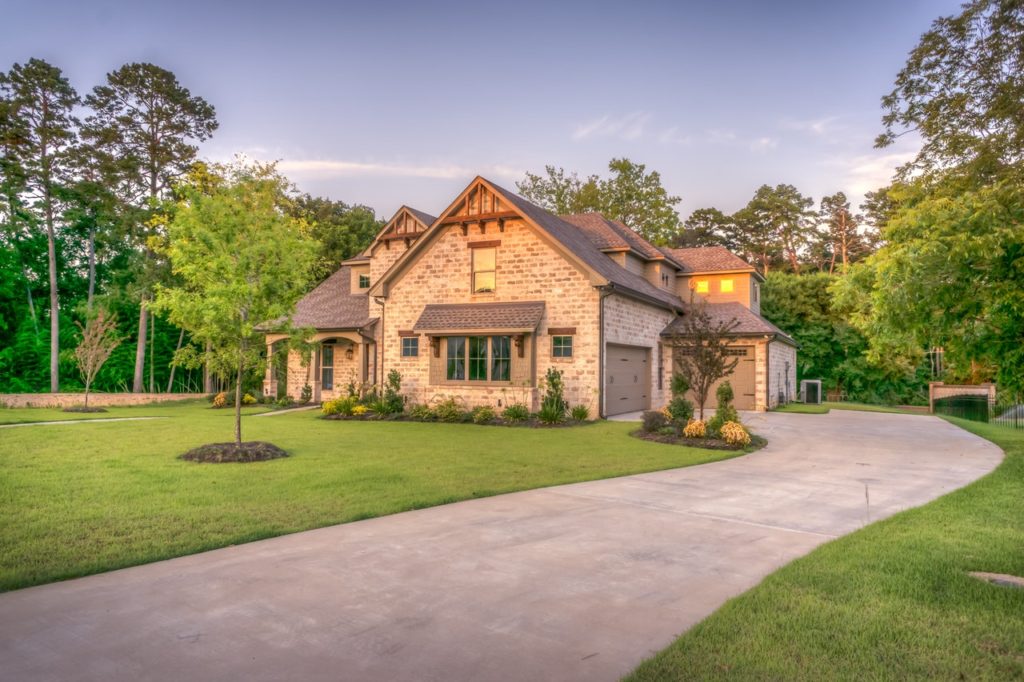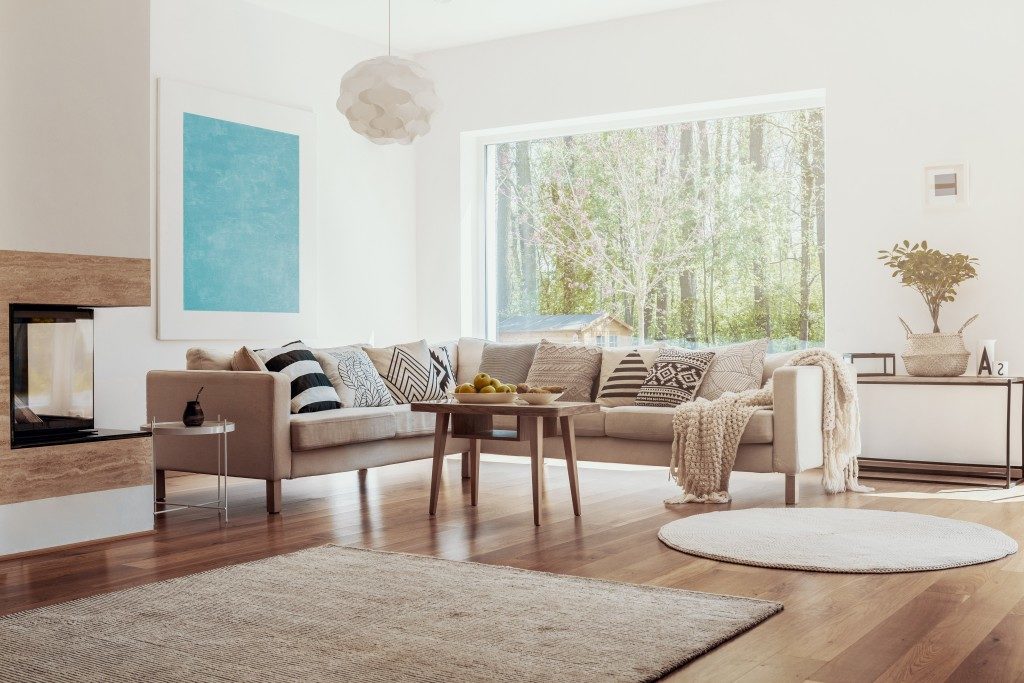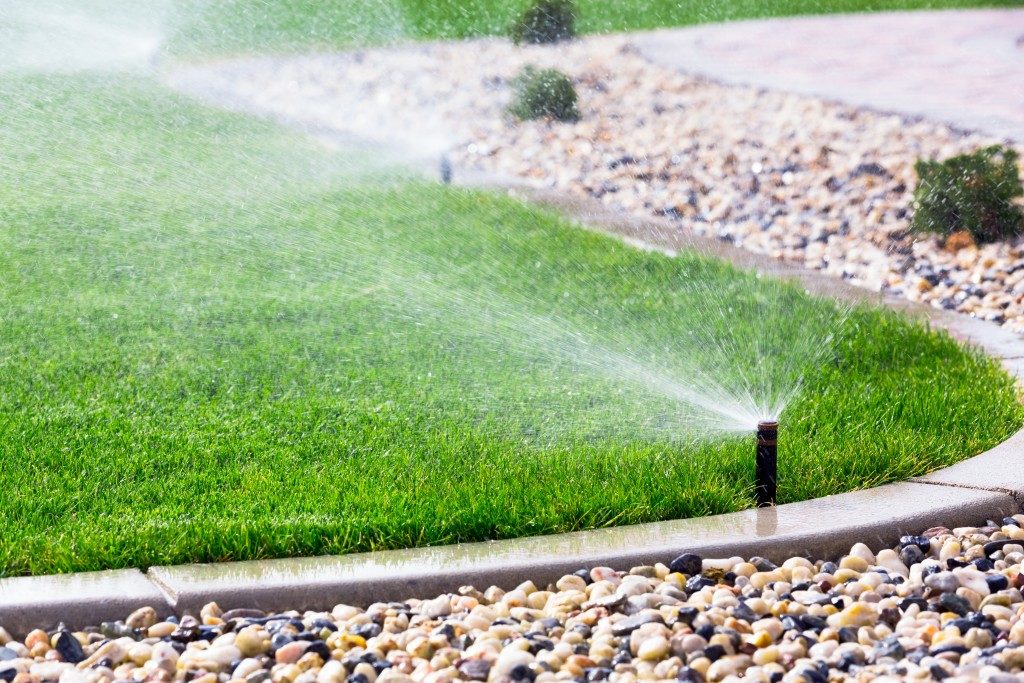Family is the most important thing we have, and taking care of them is among our top priorities. This is especially true if your family has very young children. Home safety becomes a very serious concern. Below are some ways to make your home safer, not just for kids, but for everyone as well.
Check the Sensors
Unseen and unpredictable dangers such as carbon monoxide, earthquakes, and floods (especially if you’re in a flood-prone area) can attack anytime, making your family prone to danger. Fortunately, safety detector technology has improved leaps and bounds when it comes to safety and accuracy. 21st-century homes often have sensors to guarantee the safety of those living in them. If your home doesn’t have safety detectors installed, it should be an immediate priority. Aside from fire alarms and smoke detectors, having gas and carbon monoxide detectors can help prevent rising problems before they pose a significant threat.
Make Sure The House Is Child Friendly
While modern homes can be very pleasing in design, some of these design elements might not be suitable for your family if you have young children. For example, glass designs, though tempered, is not the best choice if your children like to run around. Glass balusters and spindles can be quite the hazard, so you might want to choose sturdier materials instead. If you have a balcony on your second floor, you should also check if the railings are tall enough that your young ones won’t accidentally reach over it. Some modern designs utilize horizontal bars as railings, and it’s not advisable as kids might use the bars to climb over.
Install a Security System
You can do your best to protect your family from natural disasters, but you have to remember to factor in defense against malicious people as well. You may think you live in a secure neighborhood, but it’s only secure until something bad happens. Invest in a good security system, one that secures entry points, such as windows, doors, and other spaces that can be used as a point of entry.
You can use motion sensors that send off an alarm if they’re tripped, as well as closed-circuit television (CCTV) monitoring system to be able to track what’s happening inside your home. Many of these security devices function in a ‘smart’ format, allowing real-time updates through your smartphone if you’re not at home.

Clean Your Home to Prevent Infestations
Another safety aspect you need to make sure of is your family’s health. Now that we are more knowledgeable about infectious diseases, we want to make sure that everyone at home stays clean and free of any health risks. At home, not only do we need to be mindful about viruses, but we also have to think about how to avoid pests and other health hazards.
To accomplish this, the most basic solution is to keep the house clean at all times. Make sure that dishes are not left to sit in the sink, the trash is taken out regularly, and dust and mites are vacuumed off the carpet and in the bedroom. These daily tasks can be allocated to family members to spread the load and guarantee that it’s accomplished consistently.
Keep Dangerous Items Secured
It may seem like a no-brainer to store hazardous items away from children and pets, but having a dedicated space for these items is sometimes overlooked. If you don’t already have a utility closet, make sure to find space for one. It’s best to have it along a central area of the house, or where you would be cleaning the most. This utility closet does not have to be big, just enough to be able to store your cleaning tools and agents, like your vacuum, mops, Tide pods, and bleach. Make sure the chemicals are on a higher shelf and don’t overcrowd your closet to the point that it becomes full of junk.
Have Your Utilities Fixed
House fires caused by a short circuit, or a water leak that damages your property, and other similar accidents are all preventable accidents. Simply by having a professional check your utilities like electricity, gas, or pipes on a set schedule, you’re making sure that there’s less chance for dangerous and expensive accidents. Hiring a professional to repair your boiler drainage, or fix an electrical line, or getting a plumber to unclog your pipes might sound like an extra expense, but the safety of your family (and your house) has no price.
Extra care and caution should always be applied when dealing with dangerous things. While you can’t exactly prevent dangers and accidents from happening, you can do your best to minimize them. Prevention is the best cure, and that’s true even when it comes to home safety.









